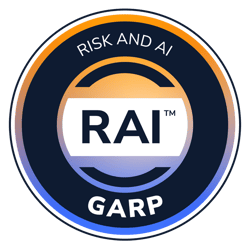How to Earn the RAI Certificate
The steps you need to follow to complete the RAI Program.
Register for the RAI Exam
Sign up for an Exam by entering your account details and paying the applicable exam fees for a specific exam window.
Schedule Your RAI Exam
After registering, choose between taking your RAI Exam remotely using Pearson VUE’s online proctoring system or on-site at a Pearson VUE computer-based testing (CBT) center, as well as your date, time, and location (where applicable).
Prepare for the RAI Exam
Create a study plan with the RAI curriculum available via our GARP Learning platform, which also includes a practice exam and other official study materials.
Pass the RAI Exam
Complete the Exam within four hours and pass to receive your Certificate and digital badge.
Key RAI Exam Takeaways
Everything you need to know about the RAI Exam.
-
The RAI Exam consists of 80 equally weighted, multiple-choice questions. The majority of Exam questions stand alone. Candidates are allotted four hours to complete their Exam.
-
The RAI Exam tests a broad range of topics, including the evolution of AI/ML methodologies, knowledge of current tools and techniques for leveraging AI in support of business decision-making, the potential risks that arise through its use, and governance frameworks to mitigate exposure and ensure AI is deployed responsibly within an organization
-
To help candidates prepare for their RAI Exam, GARP provides access to the RAI curriculum available via our GARP Learning platform, which also includes a practice exam and other official study materials.
-
While preparation time will vary by candidate, our expectation is that the average preparation time will be in the range of 100-130 hours.
-
After earning the Certificate, GARP encourages you to continue your learning journey with our Continuing Professional Development (CPD) program. While CPD is not mandatory, it is strongly encouraged. Certificate holders can tap into exclusive learning benefits with a GARP Individual Membership.

RAI™ Pass Rates
The RAI Exam is scored on a pass/fail basis. Candidates who don't pass their Exam, or schedule and don't take the Exam, can pay a one-time retake fee of USD 350 during the next exam cycle only. After one cycle candidates must re-register for the program and pay all applicable fees. Pass rates are subject to change based on the number of candidates.
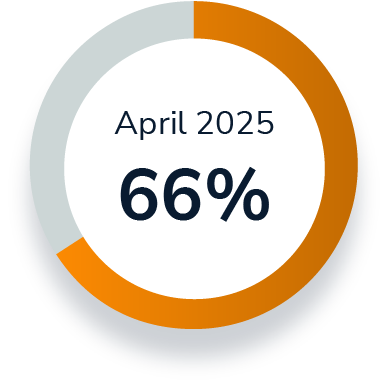
RAI Advisory Committee
The RAI Program is developed by a world-class advisory committee comprised of leading AI experts and senior risk practitioners.

Joseph Breeden, Ph.D
CEO, Deep Future Analytics; President, Model Risk Management International Association

Manish Chakrabarti, Ph.D

Charles Currat, Ph.D, FRM
Head, Quantitative Modeling, Wells Fargo Investment Institute

Agostino Capponi, Ph.D
Associate Professor, IEOR, Columbia University

Rama Cont, Ph.D
Head, Oxford Mathematical and Computational Finance Group, University of Oxford
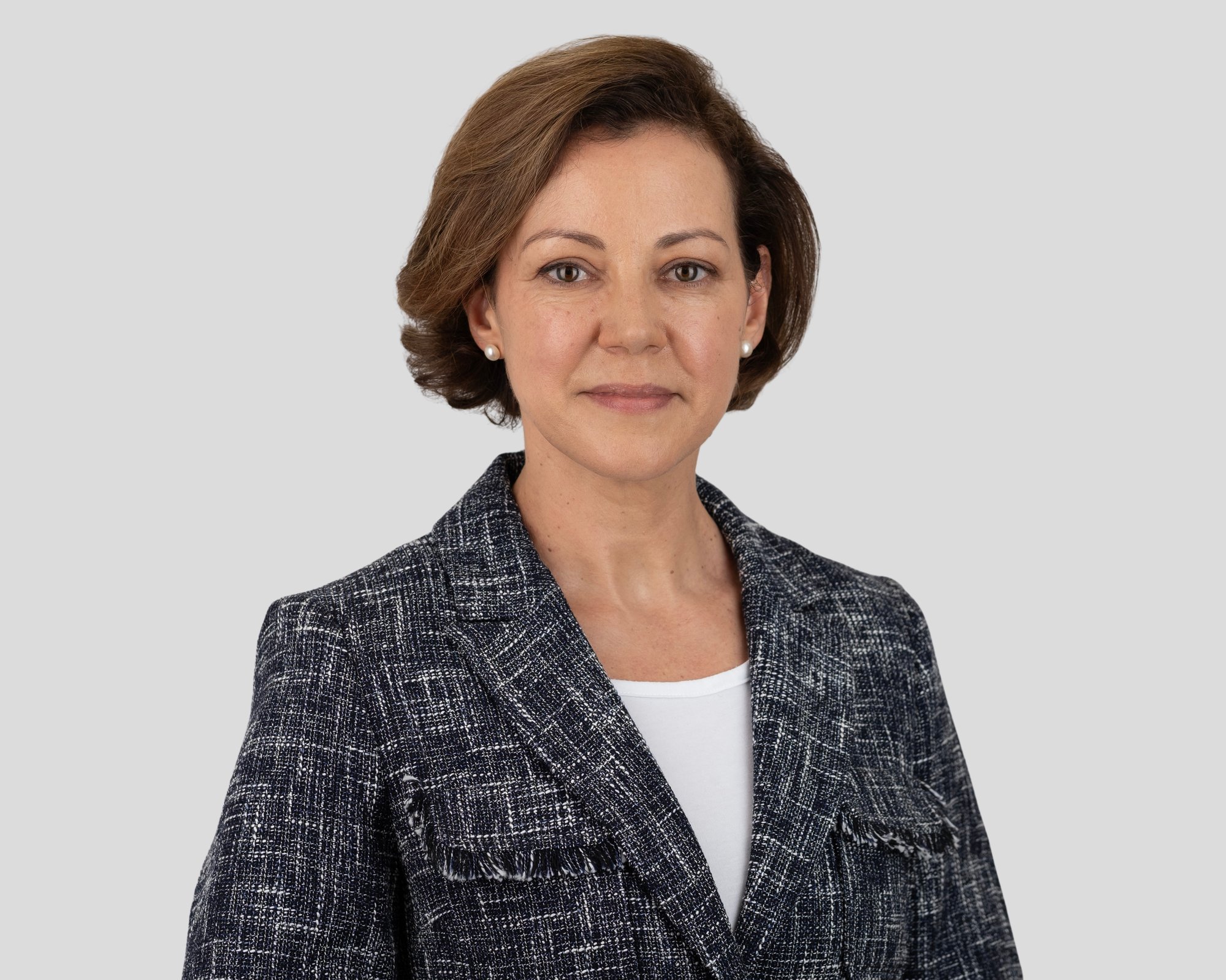
Lucy da Piedade
Head of the Group Controls Office, Deutsche Bank
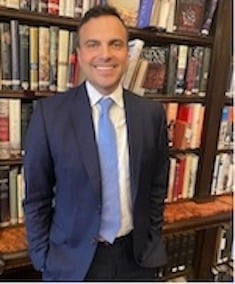
Alexander Denev, Ph.D, FRM
Co-Founder, Turnleaf Analytics

Christopher Donohue, Ph.D
Managing Director, GARP Benchmarking Initiative (GBI), GARP

Kenneth Doucet
Vice President, Content, Information, and Continuing Education, GARP

Raghurami Etukuru, Ph.D, FRM
Founder and Principal AI Scientist, AISCIENCES.AI

Kay Firth-Butterfield
CEO, Good Tech Advisory
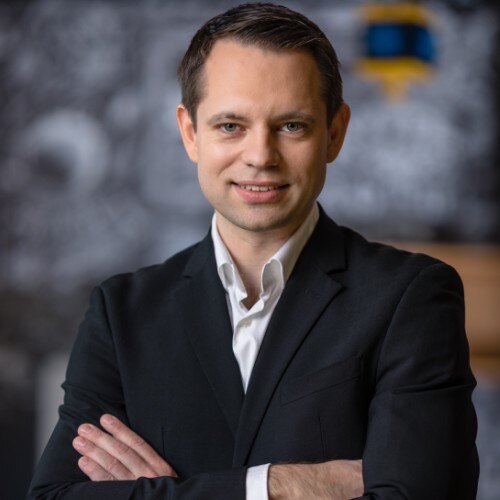
Lukas Kölbl, Ph.D, FRM
Head of Data Science DACH, Accenture
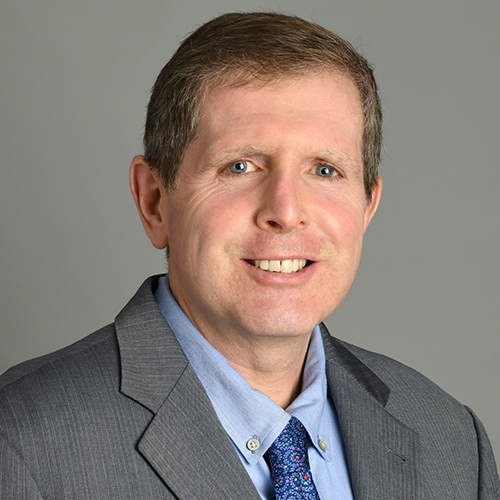
William May
Managing Director, Global Head, Certification and Educational Programs, GARP
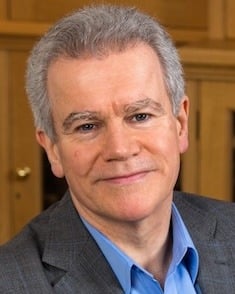
Peter Millican, Ph.D
Professor of Philosophy, Head of Education and Outreach, Institute for Ethics in AI, University of Oxford

Yogesh Mudgal
Head of Risk, Runtime Compute, JP Morgan Chase

Carina Prunkl, Ph.D
Researcher, INRIA, Research Fellow, Institute for Ethics in AI, University of Oxford

Anand Rao, Ph.D
Distinguished Service Professor of Applied Data Science and Artificial Intelligence, Carnegie Melon University; Global AI Lead, PwC (retired)
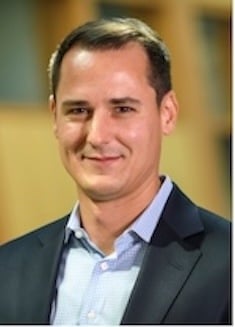
Alberto Rossi, Ph.D
Professor of Finance and Director of the AI, Analytics and Future of Work Initiative, Georgetown University
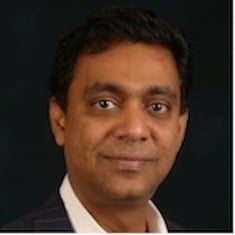
Rajesh Shekhar, FRM
Founder, Numanic

Stephen Slade, Ph.D, FRM
Senior Lecturer in Computer Science, Yale University

Agus Sudjianto, Ph.D
Senior Vice President, Risk and Technology, H2O.ai

Bo Xu, FRM
Principal, AI Lead, BCG

Qiuyan Xu, Ph.D, FRM
Managing Director, Gravitate AI

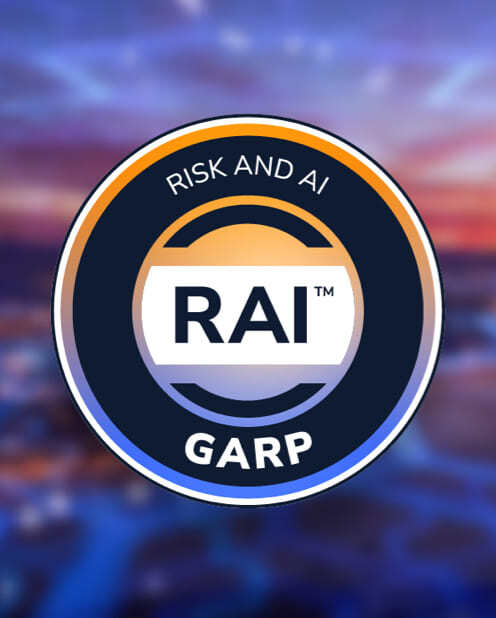
Overview
Find out how the RAI Certificate empowers professionals to address the risks of AI and machine learning head-on.

Fees and Payments
View our pricing breakdown, learn about team registration, and get other key payment insights into the RAI Program.
Risk and AI Resources
Stay on top of timely AI risk news and trends with our global content hub of articles, podcasts, webcasts, and more.
Ready to become a leader in AI risk?
Standard registration for the April 2026 RAI Exam is now open.
